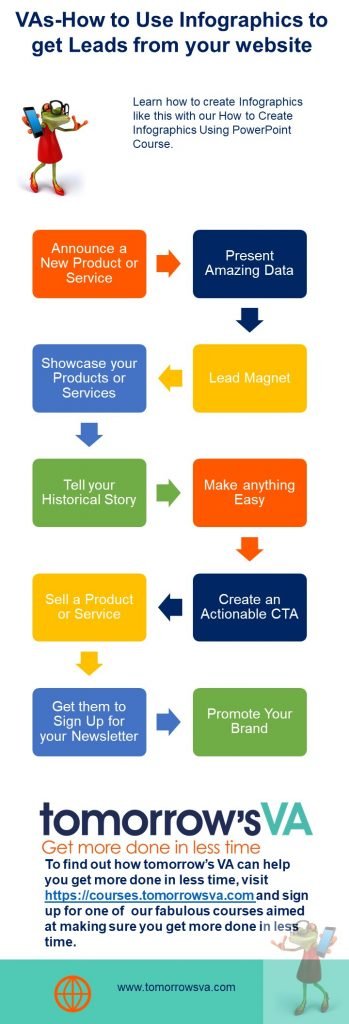
If you're considering selling your website, you have probably heard about some of the advantages of selling your site on your own. Aside from the obvious benefits of selling your own website, selling on your own can be intimidating and can lead to mistakes in the contract and keeping all of the money yourself. By selling your website on your own, you can avoid the costs of a broker, listing fee, and success fee, which can add up to a significant difference in the total sale price.
Getting a valuation
Getting a valuation when selling a web property is essential for determining the selling price. Website brokers will base their valuation on the profit your site generates each year, and can use monthly or annual earnings as their basis. A good broker will know what to ask you and how to weed out bad companies before they get to market. They will also be able to devise a multiple for your site based on the earnings you have generated over the past year.
Many business owners are surprised to discover that they can sell their sites for two to four times their earnings. The buyer will then multiply current net profits by the earnings multiplier and apply that to other similar websites. The valuation will depend on the number of users, and whether the website is able to generate a significant profit for its owner. Despite the price of its assets, a website is only as valuable as the money in the owner's bank account.
The value of your site will vary depending on the type of market you are targeting. Websites in a niche that attracts similar types of customers will be easier to sell than sites targeted to a different audience. Make sure that you understand your target market and the value of your site so you can choose a buyer that matches your target audience and price. If you don't want to sell your site for more than what you earn, then don't list it for sale in the open market. Instead, contact key contacts in your network to discuss the sale privately.
The type of website and its monetization strategy will also play an important role in your final valuation. If you only rely on one method of revenue, you're taking a high risk. For example, Amazon cut the commission rate for affiliates, and they saw huge revenue declines. But if your site has multiple revenue streams, you can increase the price by diversifying your revenue sources. If your website is successful in generating a large amount of money, it will be worth more.
Negotiating with potential buyers
If you're selling your website, one of the best ways to negotiate is with the potential buyer. Many website owners overprice their websites, and this can lead to last-minute changes that can scupper their carefully crafted deal. If you've gotten your website listed on a broker or in a classified ad, you should be prepared to make adjustments during the negotiation process.
While you're negotiating with potential buyers, make sure that you know your buyer and their motivation. Knowing who they are and what their needs are will give you the upper hand during negotiations. Asking them questions will also help you gain information about their market knowledge. This information will help you negotiate with them better. In addition, you can get a good idea of their budget. By doing this, you'll be able to set reasonable expectations for both parties.
Always remember that not every potential buyer is ready to buy. In fact, some might require some coaxing. Some buyers might have legitimate questions or objections that you need to address. As a seller, the art of negotiation lies in being persuasive, appealing to unique interests, selling your offer and addressing objections. The more adept you become at this, the more likely you'll have a higher close rate.
Statistic infographics
The statistics you're using in your marketing efforts can be visually appealing and easily understood by people of different ages, races, and economic backgrounds. A successful infographic design can show these trends and contrasts in an attractive manner. You can even create custom infographics and include different kinds of data, depending on what you want to convey. Here are some tips to create infographics that will attract new customers.
If you're using an infographic on social media, you'll want to keep the design simple and mobile-friendly. Try using only one main statistic and try to keep the rest of the text short and easy to read. Choose a color palette that complements the brand's colors and is easily readable. If you have multiple statistics to share, make sure they're separated by different designs to avoid confusing the viewers.
When creating an infographic, don't forget to cite your sources. Include your sources in the footer so that viewers will be able to verify the information. Having citations in the footer makes the infographic more credible and reinforces its relevance. If you're a new website owner, use the stats and infographics as an opportunity to make your online presence known. Your success will depend on them!
Statistics are a great way to persuade your audience, but they can also bore your audience. To avoid this, you can use dynamic infographics to update the data and draw people's attention to specific sections. One example is Jobvite. This website focuses on employment statistics in the United States and uses bar charts, line graphs, and a map to paint a vivid picture of the economy.
Doing due diligence before selling a website
Whether you're a newbie or a seasoned veteran, it's vital to do your due diligence before selling a website. Many site owners tend to exaggerate or downplay the website's unique characteristics, or they may not mention something that could change its value. A buyer should thoroughly check out all the information to ensure that they're getting a good deal. In some cases, a successful website might require management changes after a change in ownership, but it's never too late to learn more.
Aside from reviewing the website's technical and technological aspects, it's important to evaluate the intellectual property contained within the site. The buyer should also assess the website's content, social media influence, and backlinks. A buyer might also ask about the site's audience characteristics and what ways it could be improved. Moreover, the seller should carefully review the business sale agreement. The buyer should understand what assets they're getting, how much they'll be paying, and what kind of terms they have to agree upon before closing the deal.
In a nutshell, doing due diligence before selling a website involves investigating the website before you enter into a legal contract. Due diligence involves investigating information about the website and the seller, and is essential for any type of investment. Performing due diligence on a website is similar to checking a used car or a house - you need to do some research to make sure it's a good investment.
Using tools like Google Analytics and Clicky to monitor traffic can be crucial in evaluating the value of a website. These tools can give you a full picture of traffic over time, and you can also see the seasonality of your business by checking the trailing twelve months. Backlink profiles, as well, can give you an idea of keyword rankings, which are vital for SEO. Most tools offer free trials, so it's important to check them out.
Using a broker
Selling a website through a broker can be an excellent option if you're looking to get the highest price for your website. Brokers will market your site and meet with prospective buyers to determine its value. Brokers are able to negotiate the best price for your website because they know the industry and can provide valuable insight into what buyers expect from a site in its category. You can also benefit from their expertise when deciding on a selling price.
Using a broker will help you avoid time wasters and ensure you get the best possible price for your website. A website broker will also do all the legwork necessary to sell your website as fast as possible. They will help you with the asset handover process and will handle the legal agreements. These brokers will charge you a commission for their work and you won't be paying a cent more than you would if you sold the website on your own.
A website broker is similar to a real estate agent. They'll negotiate a sales agreement with a potential buyer. This agreement is typically exclusive for 90 days. They'll also prepare an information memorandum that includes relevant information about the website, such as financials, traffic stats, and answers to common questions. The broker will then screen potential buyers and present the best offers. Once you've accepted a formal offer, you can move on to the next phase of selling your website.
Some website brokers have large lists of prospects. These are usually unqualified prospects. A broker with a small list is a better option. If the broker claims to have a large list, it's because they have a lot of unqualified prospects. Small lists are more beneficial for your website. When considering using a broker to sell a website, it's important to know whether they have a track record of success.
